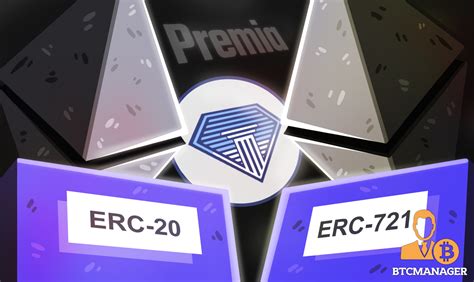Here’s an article based on your request:
“Whale of a Deal: Exploring the World of Cryptocurrencies, Smart Contracts, and NFTs”

As the world becomes increasingly digital, cryptocurrency has become a staple in the financial industry. One of the most exciting aspects of crypto is its ability to enable peer-to-peer transactions without the need for intermediaries like banks or governments. This has given rise to a new class of investors known as “whales,” who are willing to take on significant risks to profit from the market.
At the heart of this industry is the concept of Smart Contracts, which allow for secure, transparent, and self-executing transactions. These contracts use blockchain technology to record and verify transactions, eliminating the need for intermediaries like exchanges or wallets. In recent years, ERC-721 has become a popular token type for creating unique digital assets, such as non-fungible tokens (NFTs).
One of the most sought-after NFTs is the rare and valuable “Whale” coin, which is often used to represent ownership in a particular project or asset. These coins are highly coveted by investors who want to be part of a select group of individuals who have access to exclusive digital assets.
The value of these NFTs can fluctuate wildly, depending on their rarity, demand, and market trends. However, for those willing to take on the risks associated with crypto investing, the potential rewards are significant. In fact, some investors have reportedly made fortunes by buying and selling NFTs, often at extreme price points.
But what exactly is a whale in the world of cryptocurrency? The term was coined by Jaron Lanier, a computer scientist and philosopher who has written extensively on the topic. According to Lanier, “a whale” refers to an individual who is willing to take on significant risks in pursuit of financial gains. This can include investors who are willing to hold large amounts of crypto for extended periods, or those who are willing to invest heavily in a particular project in order to reap potential rewards.
In the context of NFTs, whales often refer to investors who have purchased rare and valuable digital assets at extreme price points. These individuals may then resell their coins or other NFTs on online marketplaces, generating significant profits.
However, the world of cryptocurrency is not without its challenges. One of the most significant risks associated with crypto investing is market volatility. Prices can fluctuate wildly in a matter of hours, and even experienced investors can lose significant amounts of money if they’re not careful.
To mitigate this risk, many investors turn to reputable exchanges and wallets that offer robust security features and customer support. These platforms often use advanced technologies, such as cold storage and two-factor authentication, to protect user funds and prevent hacking attempts.
In conclusion, the world of cryptocurrency is a complex and rapidly evolving space, with new challenges and opportunities emerging all the time. By understanding the key concepts of Smart Contracts, ERC-721, and NFTs, investors can better navigate this landscape and make informed decisions about their financial futures.
Whether you’re an experienced investor or just starting out, it’s essential to do your research and stay informed about market trends and risks. With the right knowledge and caution, anyone can join the ranks of the cryptocurrency elite – the whales.
Leave a Reply